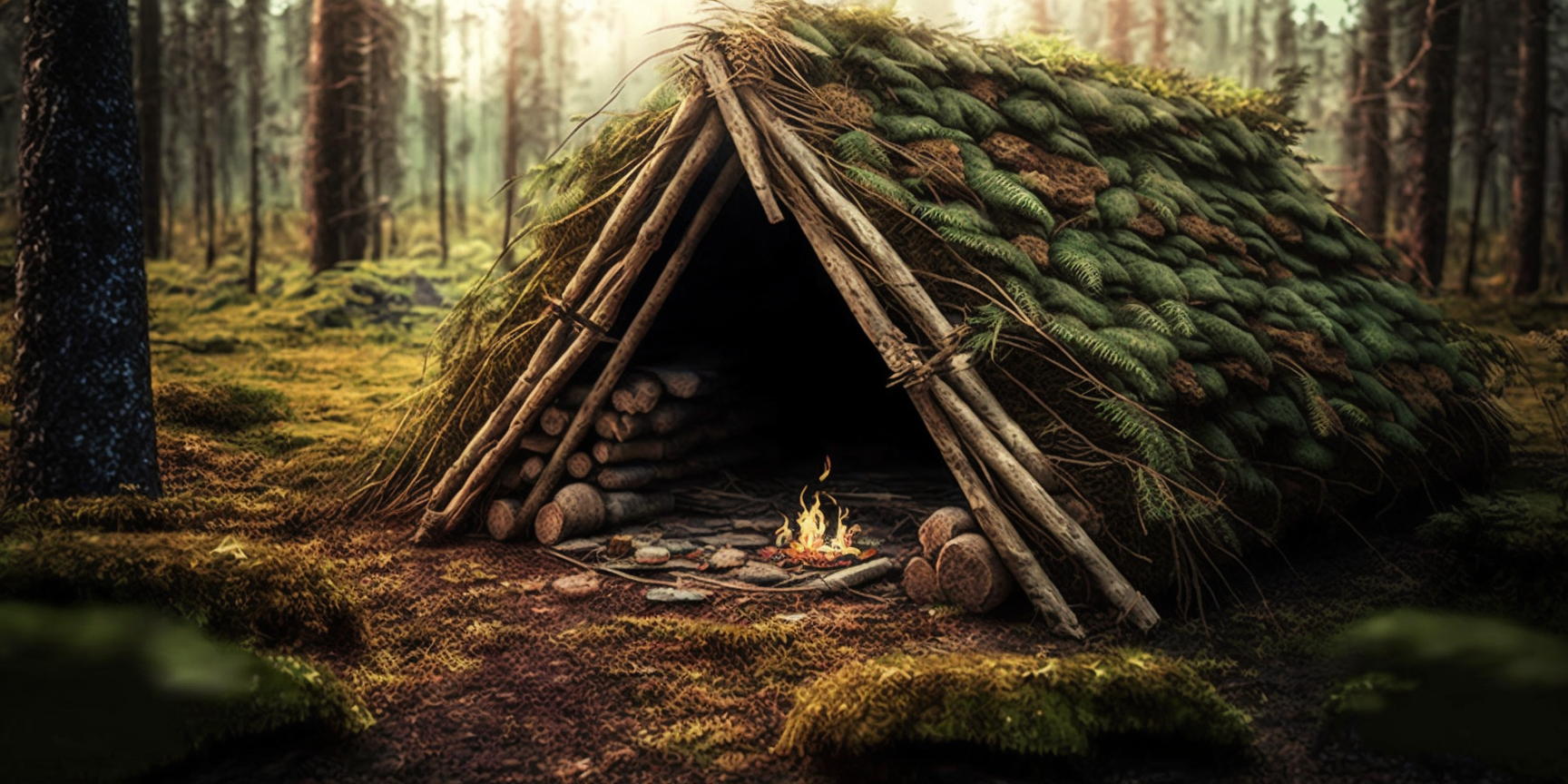
How to Cook with Limited Resources in a Survival Situation
How to Cook with Limited Resources in a Survival Situation
When it comes to survival situations, the UK is no stranger to facing the elements. From torrential downpours to wild camping in remote locations, Britons have long embraced the great outdoors. But did you know that, according to a 2019 report from the UK government, an estimated 40% of UK citizens are not confident in their ability to survive outdoors for just one week?
In such situations, learning how to cook with limited resources is a vital skill. This article will explore various cooking methods, local ingredients, and essential tips to help you prepare a meal and stay nourished, even in the most dire of circumstances.
- The Power of Fire: Mastering the Basics
In the UK, the average annual rainfall ranges from 885mm in England to 3,063mm in Scotland. That means finding dry wood and tinder for starting a fire may be challenging. However, fire is essential for cooking, warmth, and morale. Here are some tips for building a fire in wet conditions:
- Use a fire starter, such as a ferrocerium rod or magnesium block, to create sparks.
- Look for dry wood under logs, rocks, or tree bark.
- Dry out damp wood near a small fire before using it to build a larger one.
For more advice on how to start a fire, visit our Starting a Campfire guide here.
- Ingenious Cooking Methods: No Pots? No Problem!
In a survival situation, it's unlikely you'll have a full set of cookware at your disposal. But with a little creativity, you can still prepare a meal:
- Stone boiling: Heat rocks in the fire and add them to water-filled containers to boil food.
- Plank cooking: Use a flat piece of wood to cook food over an open fire.
- Cooking in leaves: Wrap food in large, non-toxic leaves and place them on hot coals to steam.
- Foraging for Food: The UK's Natural Pantry
The UK is home to numerous edible plants, fungi, and animals that can provide sustenance in a survival situation. Here are some examples:
- Nettles: Rich in vitamins A and C, nettles can be boiled to make a nutritious soup.
- Dandelions: These common weeds are edible from root to flower and are high in vitamins and minerals.
- Pheasants: Found across the UK, pheasants are a good source of protein if you can catch one.
Remember to exercise caution when foraging, as some plants and fungi can be toxic. Always be sure of your identification before consuming anything.
For advice on foraging, visit Foraging for Food - A Useful Guide.
- Water: The Key to Hydration
The human body can survive around three weeks without food, but only about three days without water. In a survival situation, sourcing clean drinking water is crucial. Here are some tips:
- Collect rainwater using containers, tarpaulins, or large leaves.
- Dig a well near a water source to access groundwater.
- Boil or purify water using tablets or a portable water filter before consumption.
For further reading on hydration, visit Accessing Clean & Safe Drinking Water
- Food Preservation: Extending Your Resources
Preserving food can help you maximise your resources and reduce waste. Here are some preservation methods to consider:
- Smoking: Hang meat or fish over a slow-burning fire to dry and preserve it.
- Solar drying: In sunny weather, lay thinly-sliced food on a clean surface to dry.
- Fermentation: Ferment vegetables like cabbage or carrots to extend their shelf life and add probiotics to your diet.
Conclusion:
Cooking with limited resources in a survival situation is not only possible but can be an engaging and educational experience. By mastering the basics of fire, utilising alternative cooking methods, and becoming familiar with the UK's natural pantry, you'll be better prepared to face any challenge the great British outdoors may throw at you. Remember to always prioritise sourcing clean water, and consider food preservation techniques to extend your resources.
Armed with this knowledge, one can venture into the wilderness with confidence, knowing they possess the skills to survive and even thrive in the most unexpected of circumstances. So the next time you find yourself out in the wild, embrace the opportunity to cook with limited resources and create memorable, nourishing meals that celebrate the spirit of resilience and resourcefulness.
Suggested Articles
50 Survival Knives: A Comparison Table
There are many different survival knives available, with different attributes, advantages, limitations and price poin...
Building a Shelter
When out hiking in the UK, unexpected changes in weather conditions can occur, making it important to be prepared wit...
How to Signal for Help - an Essential Survival Skill
In a survival situation, signalling for help can be a critical skill that can increase your chances of being rescued....




